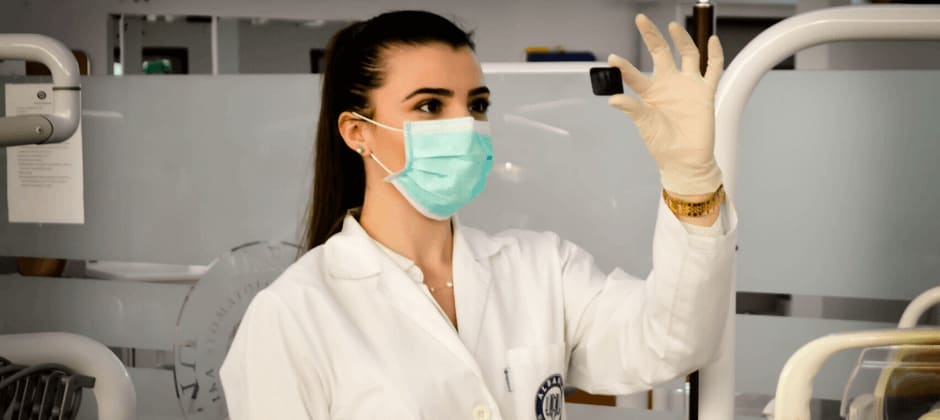Course description

Course dates: 1 - 5 July 2019
This short course, now in its 14th year, is run by the School's >Cancer Survival Group.
A highly experienced faculty will present a stimulating and intensive one-week course on the principles, methods and applications of cancer survival with population-based data, using lectures, computer-based exercises with real data, review sessions and a session for participants to present their own work or ideas.
Net survival will be the main approach to analysis, with discussion of recent methodological developments. The methodological concepts of cancer survival will be illustrated by public health and policy applications throughout the week. Results from recent survival studies will be presented and their interpretation discussed.
Faculty
The faculty will include internationally renowned experts in the field of cancer survival analysis and methods, and 20 researchers in the Cancer Survival Group. External faculty members will include:
- Prof Paul Dickman, Department of Medical Epidemiology and Biostatistics, Karolinska Institutet, Stockholm, Sweden
- Dr Maja Pohar Perme, Institute of Biostatistics and Medical Informatics, University of Ljubljana, Slovenia
- Prof Jacques Estève, Professor Emeritus, Lyon-Sud University, Lyon, France
Who should apply?
Epidemiologists, statisticians, physicians and oncologists, public health specialists and others with a direct interest in applied cancer survival analysis, and particularly those working in a cancer registry.
Applicants should have a basic understanding of cancer survival analysis, since this course will include discussion of advanced statistical methods and practical computing, as well as discussion of the public health applications of cancer survival data.
We do not insist that participants have a qualification in statistics, but some experience is essential to take full advantage of the statistical components of the course. All practical sessions will use Stata, so some experience should be considered essential. Free online video tutorials are available on the Stata website to introduce the basic functionality.
The applied public health elements of the course will be accessible and relevant to all groups.
Course fee
The fee will include course materials, lunch on the first and last days of the course, and tea/coffee at each break. This fee does not include travel or accommodation. The course is for a whole week; daily rates are not available.
- Participants based in low-, lower-middle and upper-middle income countries are eligible for 50% fees.

